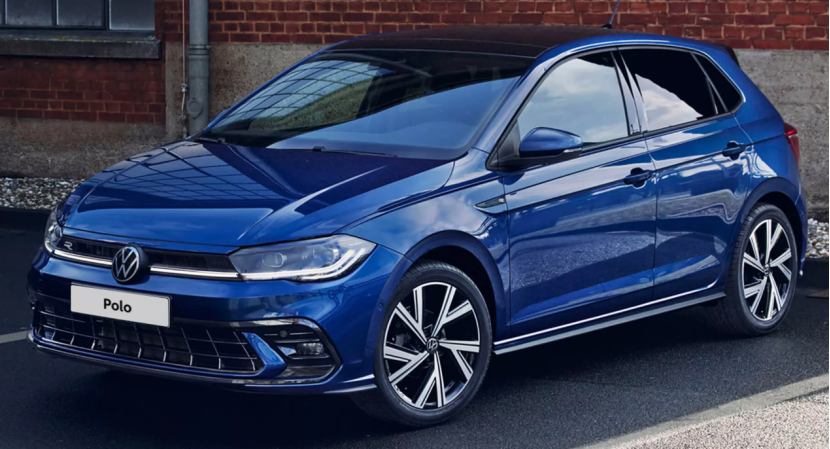According to data released on July 7 by the Brazilian Automotive Manufacturers Association (ANFAVEA), Brazil, as the largest economy in Latin America, saw car sales in June reach 212,932 units, a slight year-on-year decrease of 0.6% and a month-on-month drop of 5.7%. Car production in Brazil also declined nearly 5% year-on-year and 6.5% month-on-month, totaling 200,764 units. In terms of brand performance, Fiat increased its market share to 20.8% in June, growing by 8.9%, significantly surpassing its 8.3% market share in Italy. Volkswagen followed in second place with a 25% increase and an 18.5% market share. In contrast, Chevrolet (-23.6%), Hyundai (-16.5%), and Toyota (-14.5%) faced significant challenges but remained in the top five. BYD emerged as the fastest-growing car brand with a 53% increase, capturing a 4.1% market share, ranking ninth. Honda (+22.5%) and Renault (+4.9%) also performed well, ranking seventh and sixth respectively, while Jeep (-9.3%) held an eighth place with a 4.5% market share. Regarding specific models, the Volkswagen Polo continued its three-month reign as the best-selling car in Brazil with an 18.7% increase, though its lead over the Fiat Strada, which grew by 52%, has narrowed to just 18 units. The Strada maintains its top position in the sales ranking for the first half of the year with a 5.6% market share, while the Polo follows closely with 5.1%. The top five models remained unchanged from May, with others including the Volkswagen T-Cross (+45.4%), Fiat Argo (-2.5%), and Hyundai HB20 (-29.1%). The Chevrolet Onix rose two places to sixth compared to May, but its ranking has significantly declined year-on-year. The Honda HR-V (+43.7%) and Toyota Corolla Cross (+25.9%) also performed well in the top ten. The BYD Song Plus, with a 46.8% increase, became the best-selling Chinese brand model in Brazil, ranking 26th. Additionally, the locally produced Volkswagen Tera compact car debuted at 29th place, while the Citroën Basalt ranked 38th among recently launched models. Notably, Brazilian car exports became a highlight, with 50,700 vehicles exported in June, marking a substantial year-on-year increase of 75%, mainly to Argentina, aided by Argentina's economic recovery and a new trade agreement with Brazil. Overall, Brazil's car production and export performance in the first half of the year showed promise, with total production reaching 1.23 million units, a year-on-year increase of over 8%, which effectively cushioned the recent slowdown in growth. Exports reached 264,100 units, soaring over 60% year-on-year. It is worth mentioning that as of May this year, the trade volume between Brazil and Argentina in the automotive and parts sector has reached $12.6 billion, a year-on-year increase of over 25%. However, the Brazilian automotive industry is facing new challenges. The share of imported cars, particularly from China, continues to expand in the Brazilian market. In the first five months of this year, the number of imported cars in Brazil grew by 19% year-on-year to 187,000 units. According to the Automotive Research Institute, China exported 45,893 passenger cars to Brazil in May, including 7,235 electric vehicles. The growth trend of imports has increased pressure on local Brazilian car factories, which have cut 462 jobs in June, bringing the workforce down to 108,900. Despite the slowdown in local car sales, strong export momentum continues to keep factories operational, highlighting the automotive industry's role as a pillar for employment and trade in Brazil. However, over-reliance on the Argentine market and increasing international competition mean that the Brazilian automotive sector must remain highly vigilant. The future development of Brazil's automotive industry will depend on its ability to balance domestic employment and competitiveness while effectively managing sales strategies in both domestic and international markets.
Brazil's June Car Sales and Production Show Decline Amidst Export Growth

Share this post on: